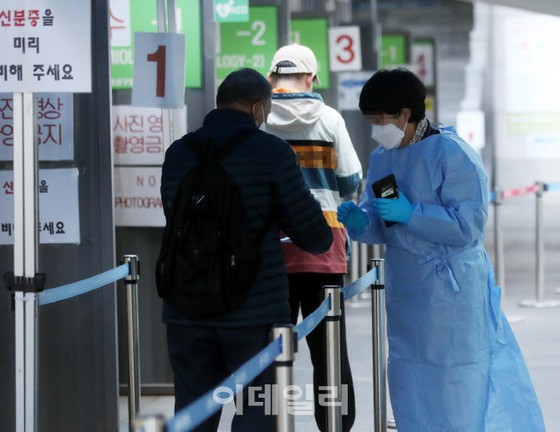 |
On November 22nd, according to the results of a perception survey of 1,000 adults conducted jointly with Kei Stat Research by a team led by Professor Yoo Myung-soon of the Seoul National University Graduate School of Health Sciences, the respondents answered that they do not need a winter booster vaccination for the COVID-19 virus. 36.3% of the respondents were surveyed.
34.8% said their immune system is strong enough that they do not need a booster shot, while 36.1% said that the COVID-19 virus is not serious enough to warrant a booster shot.
4 out of 10 people said they felt psychological limitations related to the booster vaccination. 43.5% said that booster vaccination was troublesome, 43.6% said they hesitated to get booster vaccination due to daily life and stress, and 38.7% said that they hesitated to get booster vaccination because of the inconvenience of going to the hospital.
When 419 respondents who answered that they did not intend to receive the improved vaccine were asked why (multiple answers allowed), 63.0% of the respondents answered that they would still be infected even if they received the vaccine.
This was followed by "vaccine is not safe" (51.8%), "not satisfied with damage compensation and support for vaccine danger"(37.5%), "because even if infected, it would not be serious" (36.5%), In order, 34.4% said, "I don't think the vaccine has a great effect on reducing the severity and mortality rate."
Regarding the situation of the COVID-19 virus epidemic in winter, 70.4% of the respondents answered that it would be "severe", more than twice as many as those who answered that it was "not serious" (25.2%).
A total of 42.0% of respondents said that they may not take a self-diagnostic test or undergo a rapid antigen test even if they have symptoms suspected of being infected with the COVID-19 virus.
32.2% of respondents said that even if they tested positive, they might not be able to fully comply with the mandatory seven-day quarantine.
66.8% of respondents said wearing a mask indoors was important to prevent the spread of the COVID-19 virus, while 9.4% said it was not important.
50.7% of respondents said they should not lift the requirement to wear masks indoors, 5% more than those who said they could (45.7%).
2022/11/27 09:26 KST


